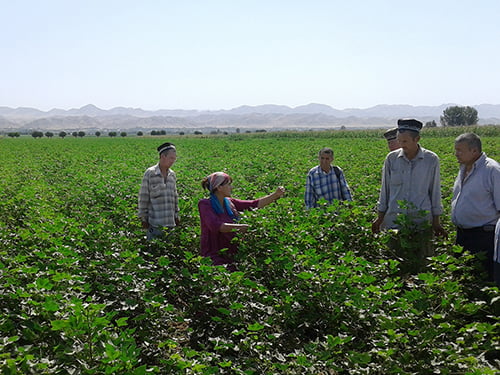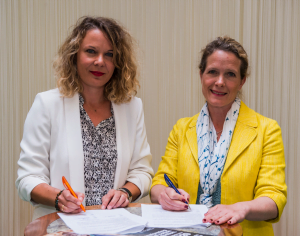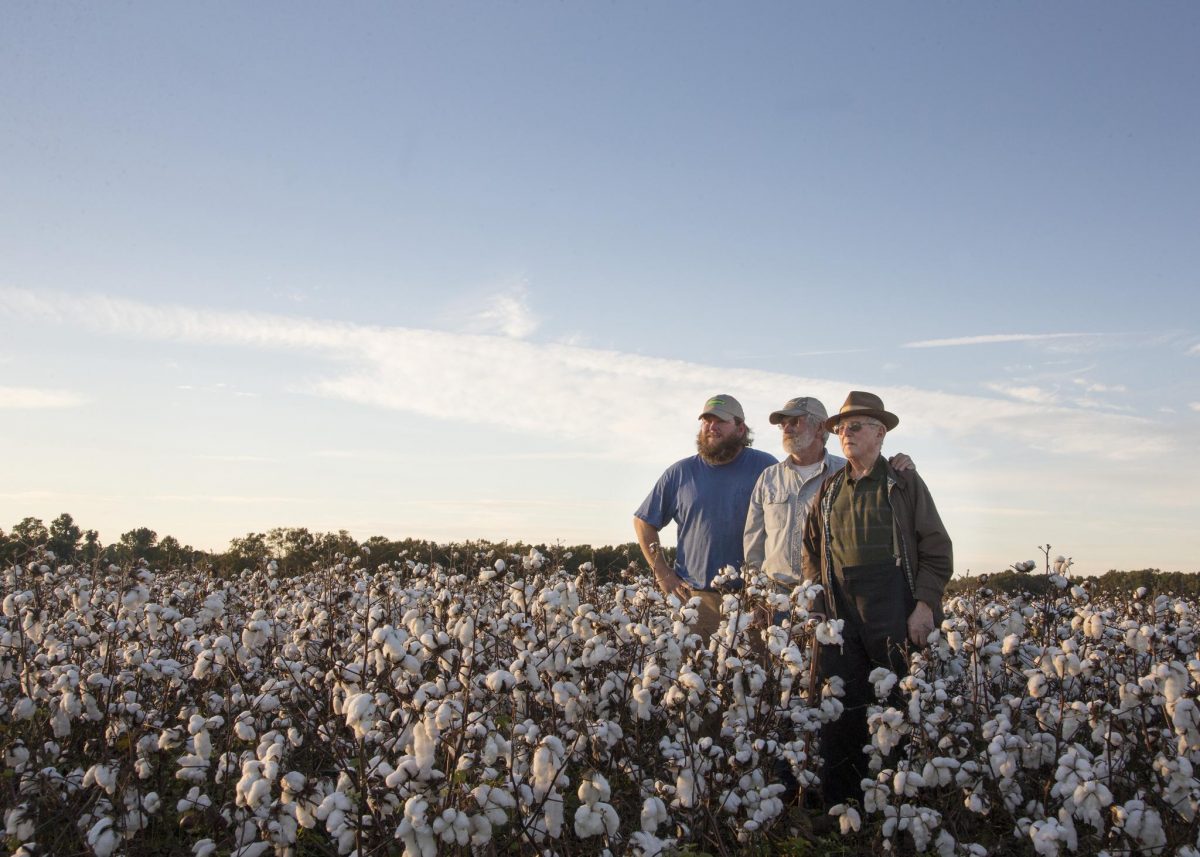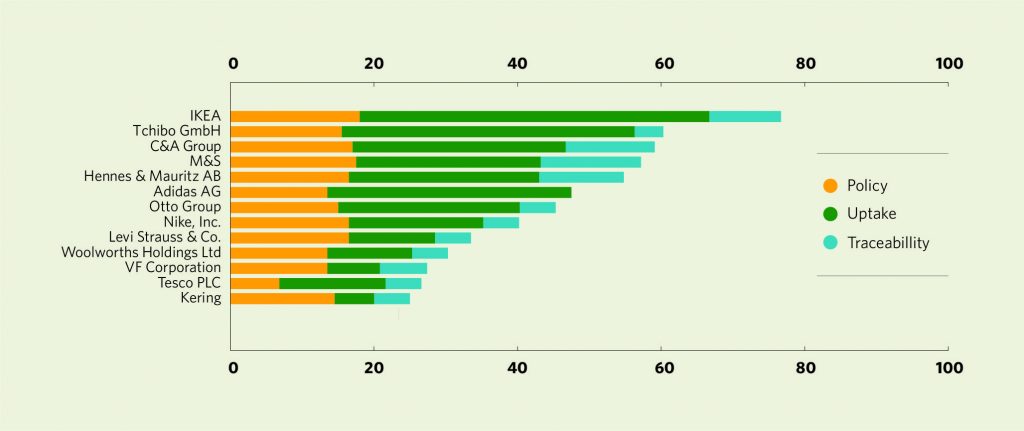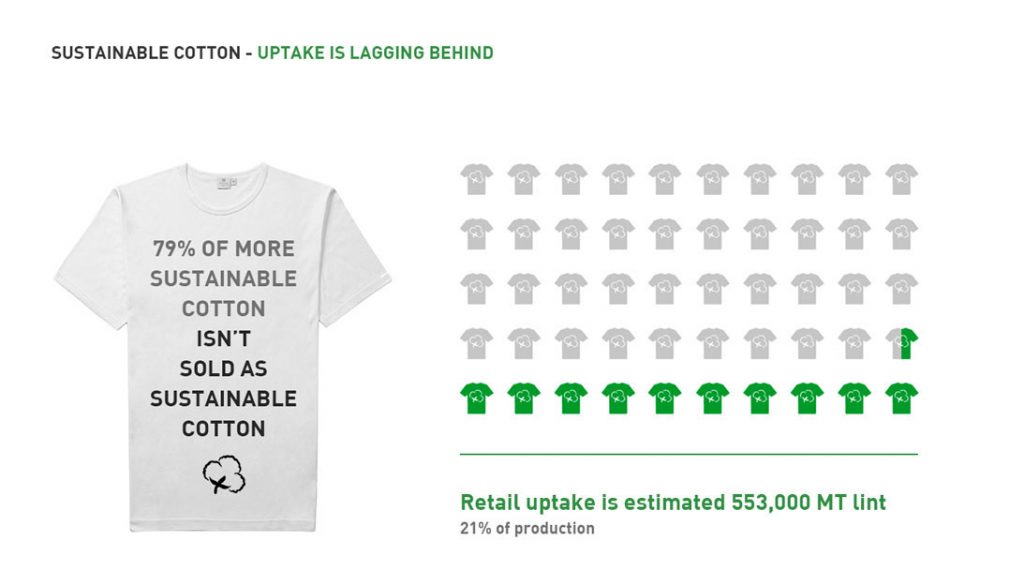The Revised Better Cotton Standard Launches This Month
This month marks a milestone for BCI as the revised Better Cotton Principles and Criteria (P&Cs) take effect. The P&Cs are central to the Better Cotton Standard System and lay out the global definition of Better Cotton. By adhering to the P&Cs, BCI Farmersproduce cotton in a way that is measurablybetter for the environment and farming communities.
The first major overhaul of the P&Cs was approved by the BCI Council in November 2017 and incorporates several substantial changes. We’ve highlighted some of these below.
Firstly, we have increased our emphasis on environmental principles. Our reinforced approach towards pesticide use and restriction includes phasing out highly hazardous pesticides and banning pesticides listed in the Rotterdam Convention. The use of minimum personal protective equipment (PPE) when applying pesticides has also been integrated into the Standard.
The Standard has also shifted focus from a water efficiency to water stewardship approach, in order to notably address collective action towards local sustainable use of water. We launched a water stewardship pilot project in October 2017 to test the new approach across small, medium and large farms in India, Pakistan, China, Tajikistan and Mozambique.
Our approach to biodiversity now focuses on the identification, mapping and restoration or protection of natural resources. A new “land use change’ approach, based on high conservation value assessment, is a safeguard against any planned conversion of land for the purpose of growing Better Cotton. The new method will be tested in high-risk countries.
On social issues, the Standard now provides a clear position on gender equality, which is aligned with the International Labour Organisation (ILO) Decent Work agenda requirements on gender. Guidance on various topics such as child labour, sanitation facilities and equal payment have also been included.
As of this month farmers will be trained on the revised Better Cotton Standard. We will share furtherinformation about therevised Standard and implementation over the coming months.
Find out how the Better Cotton Standard is implemented in our Stories from the Field.
Read more








































